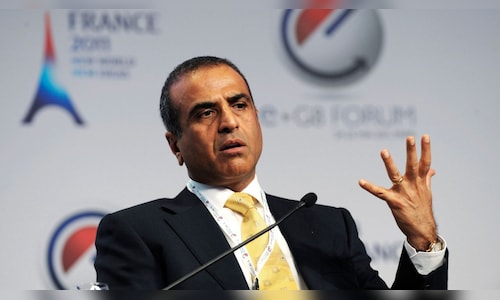Mittal’s comments come against the backdrop of Elon Musk’s Starlink seeking entry into the Indian market, which is part of its larger, aggressive global strategy to expand Starlink to as many countries as possible. Most recently, Starlink announced that it can now operate and provide services in Bhutan.
Mittal did not take the bait when aske directly about Musk, focusing instead on the broader requirements for satellite communication. He said, “Satellites are required to serve dark areas,” highlighting the necessity for connectivity in underserved regions. He noted that numerous parts of the world, including India, still lack adequate access to digital services, which satellites could help illuminate.
Mittal saud Airtel is among the leading players in the satellite communication space and is awaiting government approval to proceed with its initiatives. “We have sought permissions, and as soon as we receive the green light, we will launch operations,” he said.
Mittal urged the government to opt for a shared spectrum allocation for rural areas that are difficult to reach, suggesting that this approach would facilitate better connectivity in remote regions. He proposed that the spectrum for satellite communication in urban areas be auctioned, ensuring a competitive environment that could drive innovation and service quality.
While Mittal did not mention Starlink or Musk by name, his comments reflect a broader sentiment within the industry about the need for regulatory clarity and proactive measures to harness the potential of satellite technology in India.

